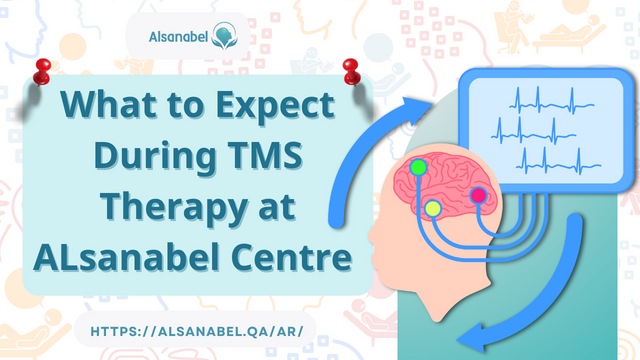The Power of Psychotherapy: Restoring Academic, Social, and Emotional Balance
Psychological therapy can be a transformative experience for individuals struggling with mental health issues such as depression, anxiety, or addiction. This experience can have a significant impact on an individual’s state of mind before and after therapy. In this article, we will discuss the difference between the pre-therapy period and the post-therapy period.
Table of Contents
TogglePre-Therapy Period:–
Many people feel fear and anxiety about starting psychological therapy. This fear can stem from various reasons, such as the fear of confronting uncomfortable emotions or the fear of discussing their mental health problems with a stranger. Additionally, they may feel despair and frustration if they have attempted therapy before and did not achieve the desired results. This fear and despair can affect their mood, relationships, and overall quality of life.
Post-Therapy Period:–
Upon completing psychological therapy, individuals often feel improvement and rejuvenation. They may have more confidence in themselves and experience better relationships and an enhanced overall quality of life. Their general outlook on life can undergo significant changes as they feel optimism and hope for the future. This improved state of mind can lead to better social and occupational relationships, which might have been one of the reasons that initially prompted them to seek therapy.
It is important to note that the timeframe for experiencing improvement may vary from person to person. This depends on the nature and duration of the mental health problem and the type of therapy employed. It may take some time before an individual notices significant improvement in their emotional state and overall well-being. Additionally, individuals may face challenges in the post-therapy period and may feel sadness or discouragement if they do not experience the expected level of improvement. In such cases, it is important for them to communicate with their therapists and work together to find suitable solutions.
In general, psychological therapy can lead to significant improvements in an individual’s condition and their sense of satisfaction and happiness in life. It is important for individuals to be prepared to face some difficulties during the pre-therapy period and seek support from close individuals. They should also remember that improvement may take time and cannot be achieved fully in a short period. After therapy, individuals should continue to take care of themselves, maintain a healthy and balanced lifestyle, and seek ongoing support from therapists, friends, and family.
The difference between the pre-therapy period and the post-therapy period depends on various factors. However, overall, psychological therapy can be a positive and beneficial experience for individuals struggling with mental health issues. It is important for individuals to remember that they are not alone in this experience and that they can receive support and assistance from therapists, friends, and family. Psychological therapy can lead to improved mental well-being, satisfaction, and happiness in life, but patience and commitment to self-care and maintaining a healthy and balanced lifestyle are crucial.
Psychological therapy leads to further positive outcomes academically, socially, and emotionally:–
1-Personal Balance Enhancement:– Psychological therapy works on achieving personal balance academically, socially, and emotionally by developing various aspects of life. It helps individuals manage daily pressures, enhance overall well-being, and experience happiness and satisfaction.
2-Social Relationship Improvement:– Social therapy can assist individuals in improving social skills and effective communication with others. It can also boost self-confidence and self-acceptance, contributing to the development of healthy and positive relationships.
3-Emotional Health Enhancement:– Emotional therapy aids in understanding and addressing negative emotions while promoting overall emotional well-being. Individuals can learn how to effectively cope with stress, anxiety, depression, and other negative emotions, leading to improved emotional health.
4-Academic Skill Development:– Academic psychological therapy contributes to the development of learning and academic skills, including self-organization, time management, and study techniques. This can result in improved academic performance and enhanced future success opportunities.
Psychological therapy helps individuals overcome various challenges and problems they face in the areas of academics, social relationships, and emotional well-being. Psychological therapy requires patience and dedication, but it is truly worth it when it brings about noticeable improvements in mental health. Real-life cases have demonstrated the effectiveness of psychotherapy, with patients expressing happiness and contentment after healing and moving past this stage. Your happiness is worth the effort and patience.
read more:-









